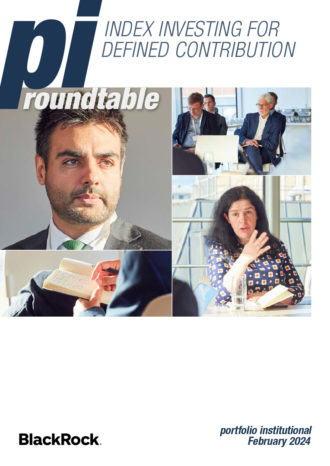Property is an important asset for long-term investors. The right home, shop, office, pub, hotel, call centre or warehouse in the right location could provide regular, inflation protected income that beats the current return offered by UK government debt.
It is also a diversifier, a benefit that has been highlighted during the on-going depression in gilt yields and the recent sell-off in London-listed equities.
These are just two of the reasons why many pension schemes have put serious investment to work here. RPMI Railpen has around £2bn tied up in property, while 20% of Southwark Council’s £1.5bn retirement scheme is in bricks and mortar.
Alongside being a regular income payer, the asset class could also improve peoples’ lives and even help save the planet.
Residential is now considered an institutional asset class thanks to fund managers solving the sector’s lack of scale problem by funding projects that build at least 100 flats for rent. It is projects such as this that are helping to ease the UK’s housing crisis.
They also tick the environmentally-friendly box on investor wish-lists as properties can be built to be energy efficient and thus cut a scheme’s carbon footprint.
One of the reasons why this is possible is because, unlike with equities and bonds, those investing in real estate directly have more control over the assets.
So with real estate paying a regular income, protecting the environment and increasing the housing stock, what’s not to like? Well, like all assets, property does carry risk.
The lack of a tenant is one such issue that has hit the headlines recently. Some of the landlords owning large high street retail units are looking for new tenants after department stores Marks & Spencer and House of Fraser announced store closures this year. With huge units to fill it doesn’t sound an easy task.
I wonder how many more high street shops or restaurants have been saved from the brink of closure by a landlord agreeing to lower the rent and, therefore, their income. Then there are those that warn that the wrong type of Brexit deal could lead to exodus of companies from offices on these shores. The same warning came after the UK voted to leave the EU and it came to nothing.
Commercial and residential property could be sold for more than the original investment, but there is no guarantee that this will happen. Who wants to be a forced seller at a time when prices are depressed?
Despite these risks, property should be an easy sell to pension savers. They understand it better than they do most other assets. They live in a property; they do the weekly shop in one and probably work in one.
Another benefit is that you can see and even touch what you have invested in. That carries more weight than a piece of paper with “I.O.U.” written on it.
From the discussion that follows in this supplement, it seems that property has cemented its place in a pension scheme’s investment portfolio; just don’t call it a bond proxy.











